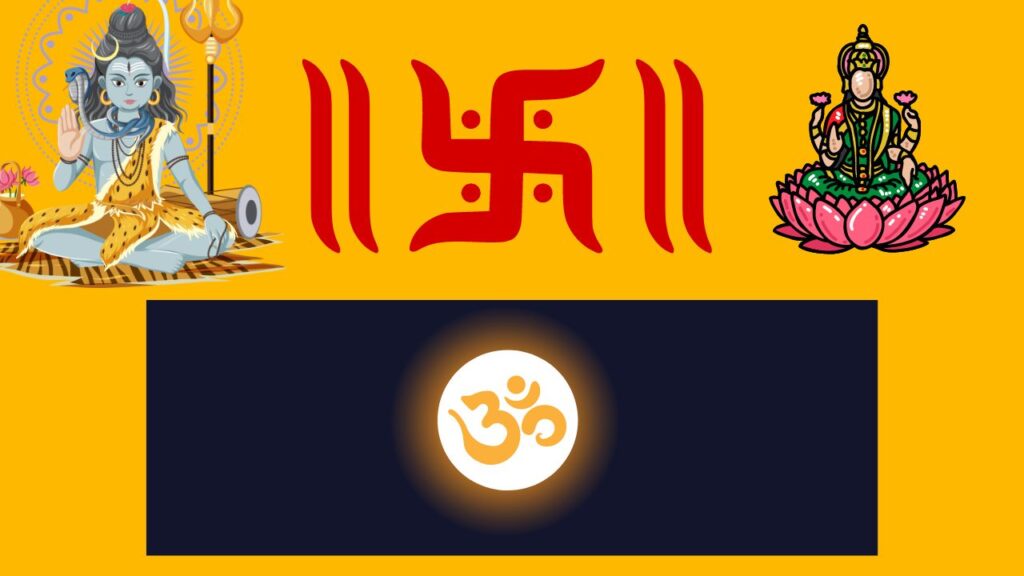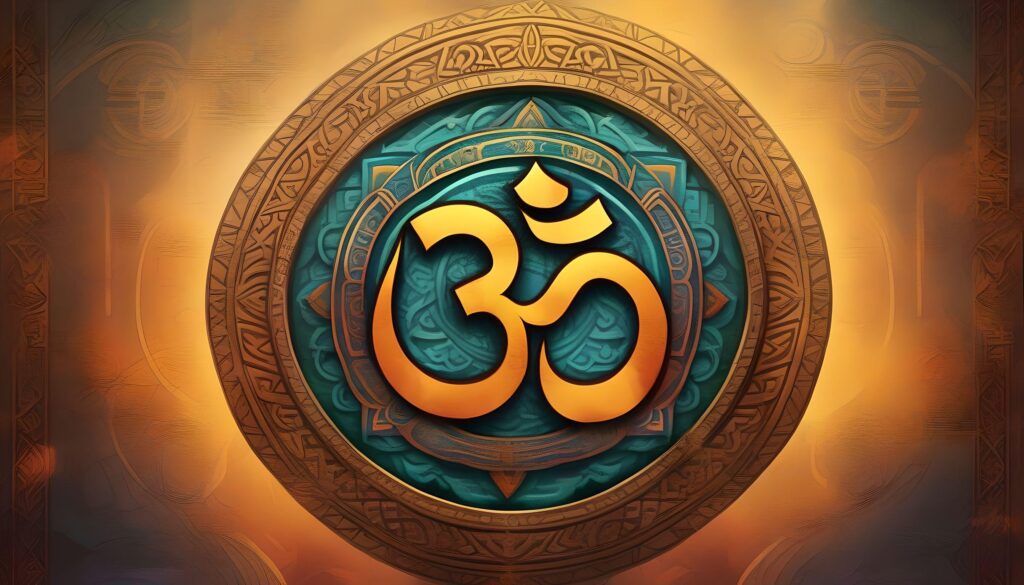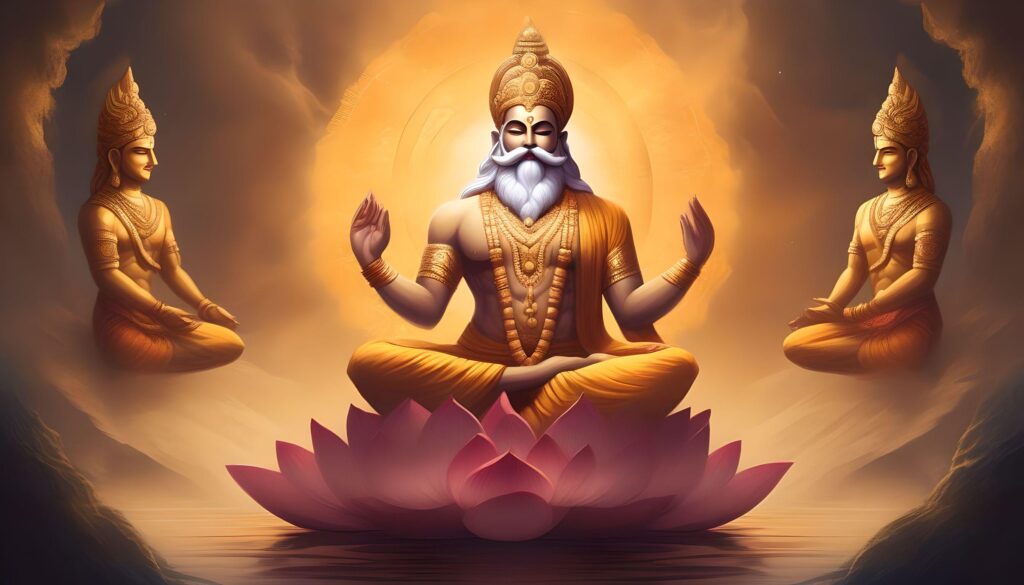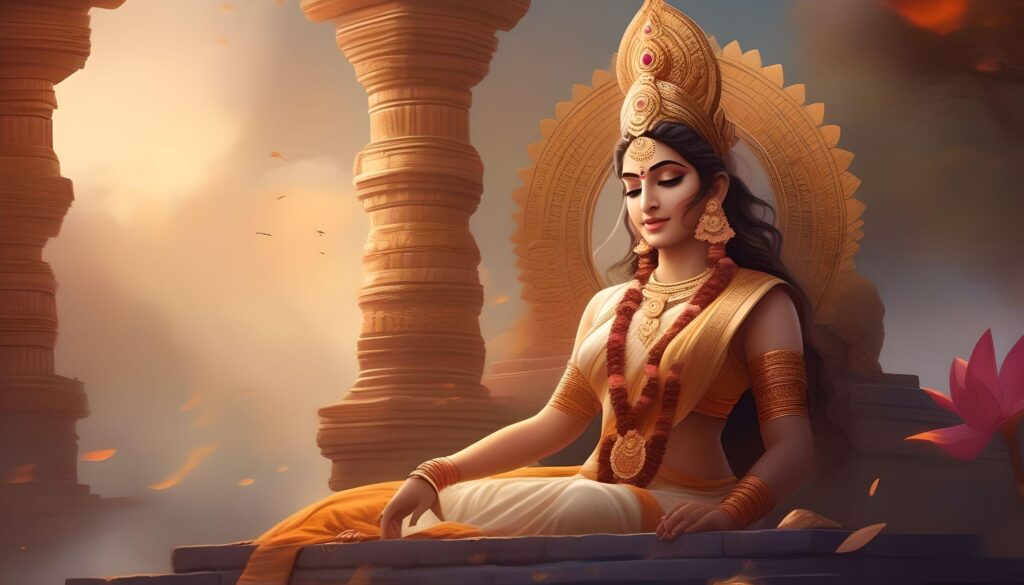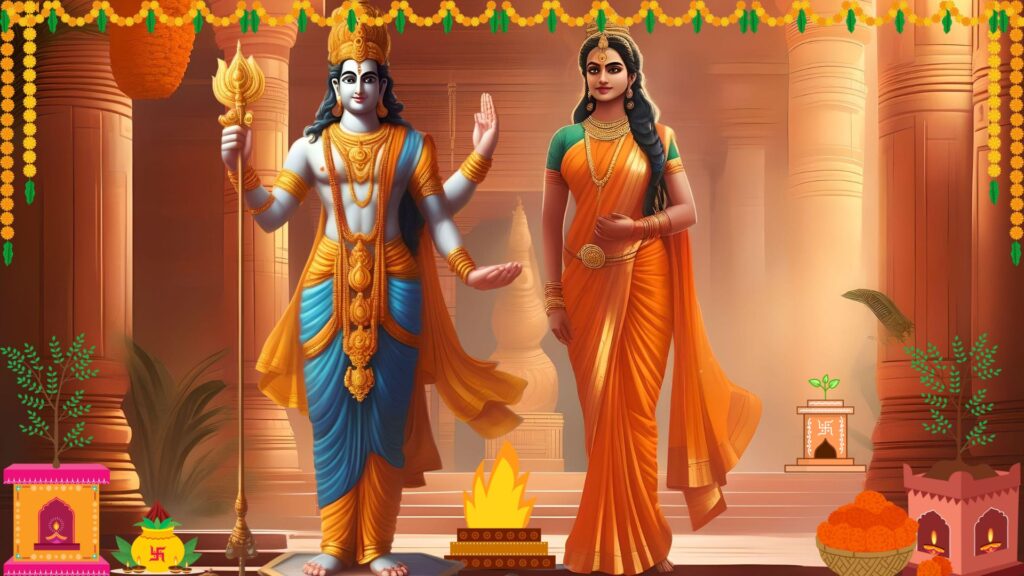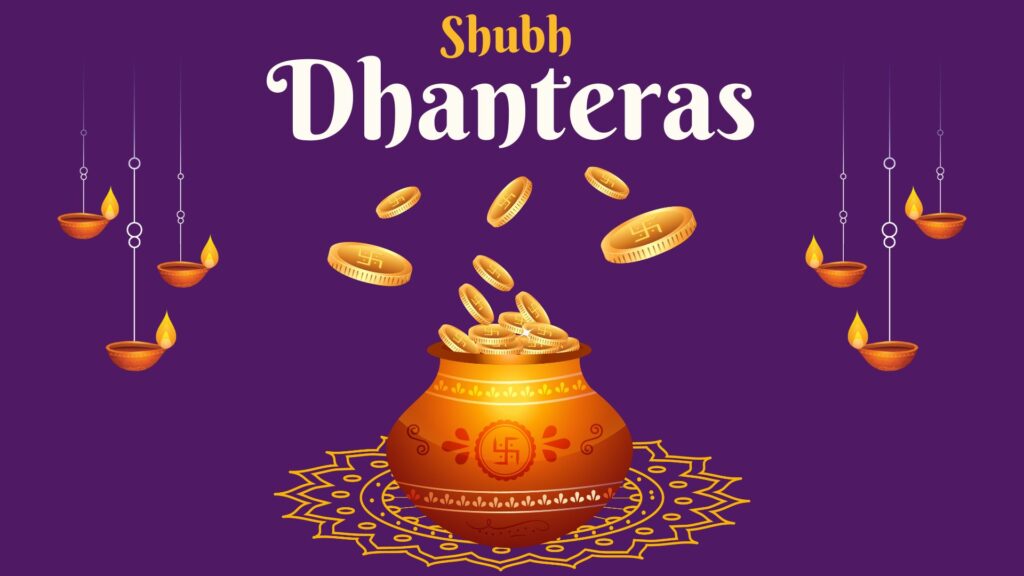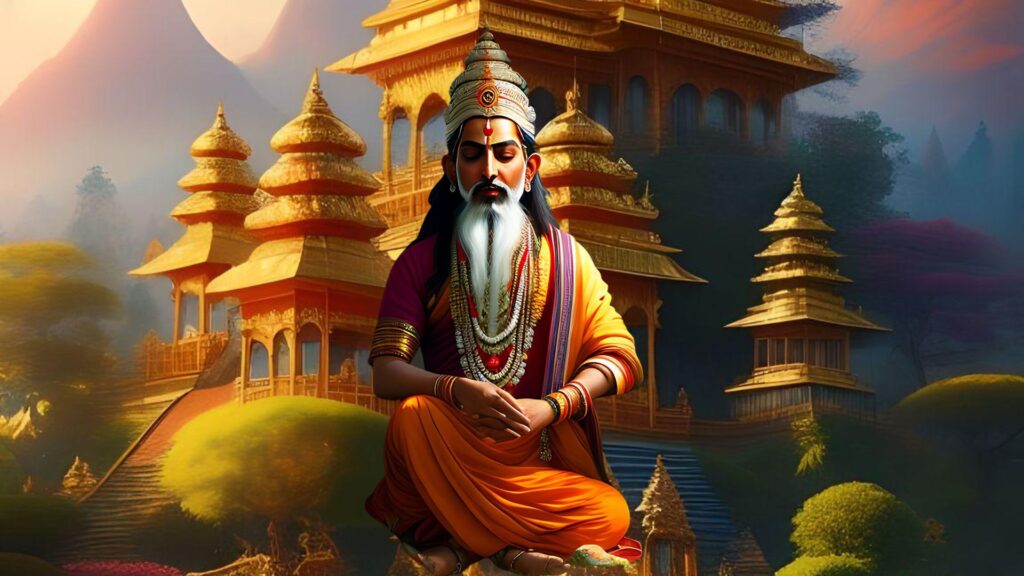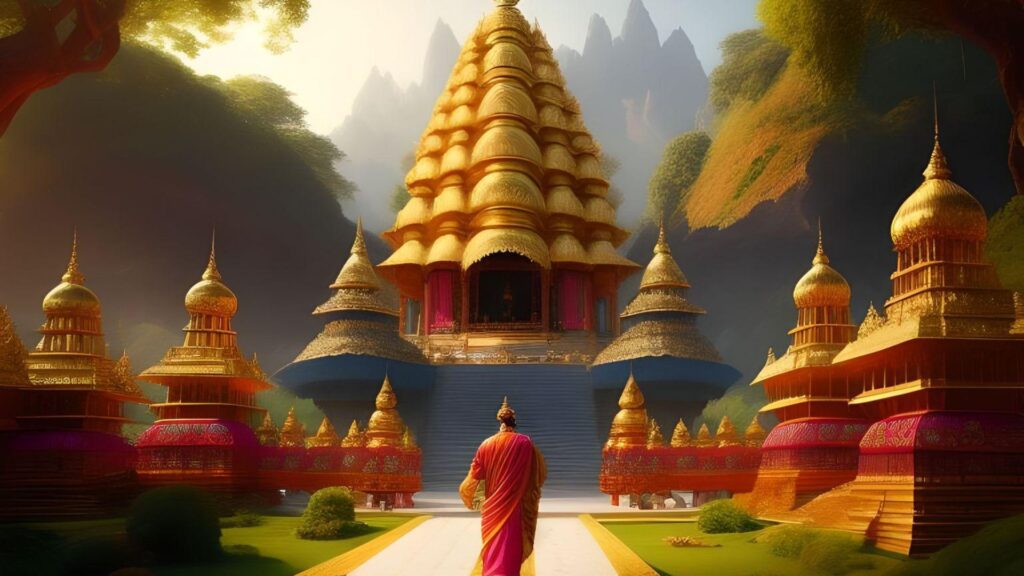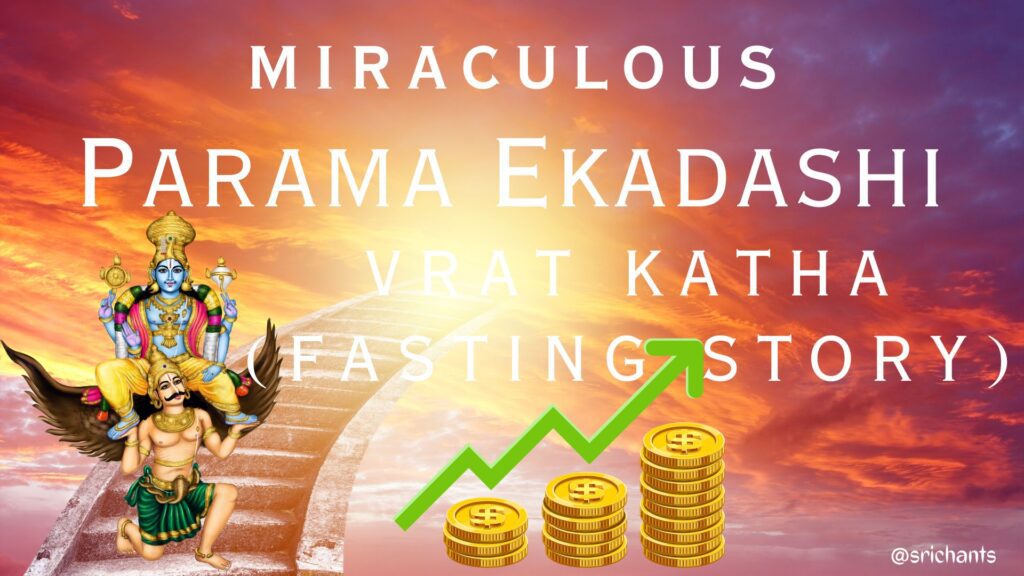Hindu Gods and Goddesses: Discovering the Unseen Powers of Hindu Gods and Goddesses Beyond Belief (13 Points)
Hinduism, an ancient religion, is widely recognized for its intricate fabric of deities and goddesses, each symbolizing a distinct aspect of the sacred. The Hindu pantheon is as diverse as existence itself, encompassing formidable goddesses such as Kali and beneficent deities like Lakshmi, in addition to the trinity of Brahma, Vishnu, and Shiva.
Introduction
Within the expansive framework of Hinduism, deities and goddesses occupy a pivotal position, encapsulating an array of attributes and merits. In order to comprehend the latent abilities possessed by these deities, one must delve into the intricate fabric of Hindu mythology.
Overview of Hindu Gods and Goddesses
Hinduism venerates an extensive number of deities, each endowed with a distinct persona and profound importance. The subcontinent exhibits a remarkable diversity, encompassing both widely venerated major deities and regionally honored local spirits.
The Trinity: Brahma, Vishnu, and Shiva
The three principal deities—Brahma, the creator; Vishnu, the preserver; and Shiva, the destroyer—are fundamental to Hindu cosmology. The cyclical nature of creation, preservation, and dissolution is represented by this tripartite.
Goddess Lakshmi: The Divine Mother of Wealth
Lakshmi, the Hindu deity associated with prosperity and fortune, occupies a revered position within households. Her congregation beseeches her for prosperity and financial security, and her existence is commemorated during festive occasions such as Diwali.
Lord Ganesha: Remover of Obstacles
Ganesha, a deity with the head of an elephant, is held in high esteem for silencing impediments and bestowing intellect and wisdom. His animated participation in Hindu ceremonies and rituals represents the significance of surmounting obstacles.
Goddess Saraswati: Patroness of Knowledge and Arts
A veena is used to represent Saraswati, the deity of knowledge and the arts; it signifies both harmony and originality. Artists and students seek her favor in order to achieve success in their endeavors.
Lord Hanuman: The Devotee with Immense Strength
Hanuman, a devoted devotee of Lord Rama, is held in high regard due to his formidable stature, valor, and steadfast devotion. The tales he tells motivate millions by underscoring the strength that can be achieved through faith and dedication.
Goddess Kali: The Fierce and Fearless Warrior
The ferocious deity Kali is frequently misconstrued. She conceals a symbol of time, evolution, and the eternal cosmic energy beneath her formidable exterior. Recognizing her duality is crucial in order to fully appreciate her essence.
Lord Krishna: The Divine Playwright
Krishna, the amiable and alluring deity, mesmerizes through his celestial exploits and teachings. His life, as described in the Bhagavad Gita, remains a source of motivation for those who strive to live virtuously.
Goddess Durga: The Invincible Warrior
During the Navratri festival, devotion is directed towards Durga, the deity of invincibility. The eternal theme of virtue triumphing over evil is symbolized by her victory over the demon Mahishasura in Hindu mythology.
Significance of Idols and Symbols
Symbols and idols in Hinduism serve as conduits for divine energy, not merely as representations. A profound comprehension of the symbolism underlying these corporeal manifestations strengthens the devotee’s relationship with the divine.
Hindu Gods and Goddesses in Modern Culture
Hindu deities exert an impact that transcends merely religious observances. Across various domains such as film, literature, and music, these celestial entities persistently enthrall individuals on an international scale.
Common Misconceptions About Hindu Deities
Notwithstanding the extensive veneration bestowed upon Hindu deities and goddesses, fallacies and preconceived notions endure. It is essential to debunk these misconceptions in order to promote cultural appreciation and understanding.
Connecting with Hindu Deities: Rituals and Practices
An exploration of Hinduism through participation in rituals and practices can provide individuals with a deeper comprehension of the profound bond that exists between devotees and the divine. Festivities, meditation, and devotion are all essential components of this spiritual voyage.
Conclusion
Diversity is lauded in the immense universe of Hindu gods and goddesses, and each deity provides a distinct vantage point on the enigmas of existence. Investigating these imperceptible forces enhances our comprehension of culture, spirituality, and the interdependence of all entities.
FAQs: Unveiling More Insights
- Q: Can I worship multiple gods in Hinduism?
- A: Yes, Hinduism allows for the worship of multiple deities, recognizing the diversity of divine manifestations.
- Q: How do I connect with a specific deity?
- A: Connecting with a deity involves sincere devotion, rituals, and understanding the symbolism associated with that particular god or goddess.
- Q: Are Hindu gods and goddesses based on real historical figures?
- A: Hindu deities are often symbolic representations of cosmic forces and virtues, rather than historical figures.
- Q: What is the significance of festivals dedicated to specific deities?
- A: Festivals are a time to celebrate and honor the unique qualities and stories of particular gods and goddesses, fostering community and devotion.
- Q: How can non-Hindus appreciate and respect Hindu gods and goddesses?
- A: Respect can be shown by learning about Hinduism, understanding its diversity, and refraining from perpetuating stereotypes.
